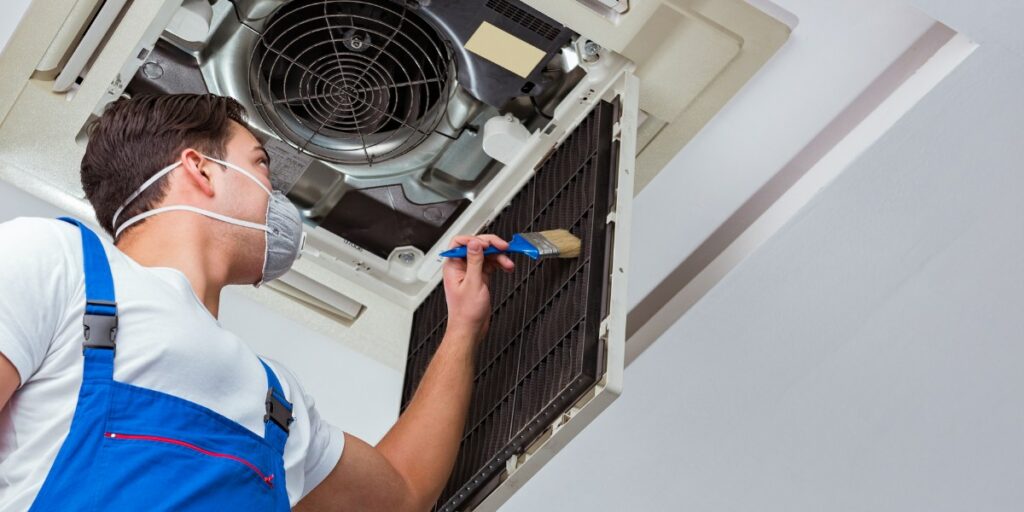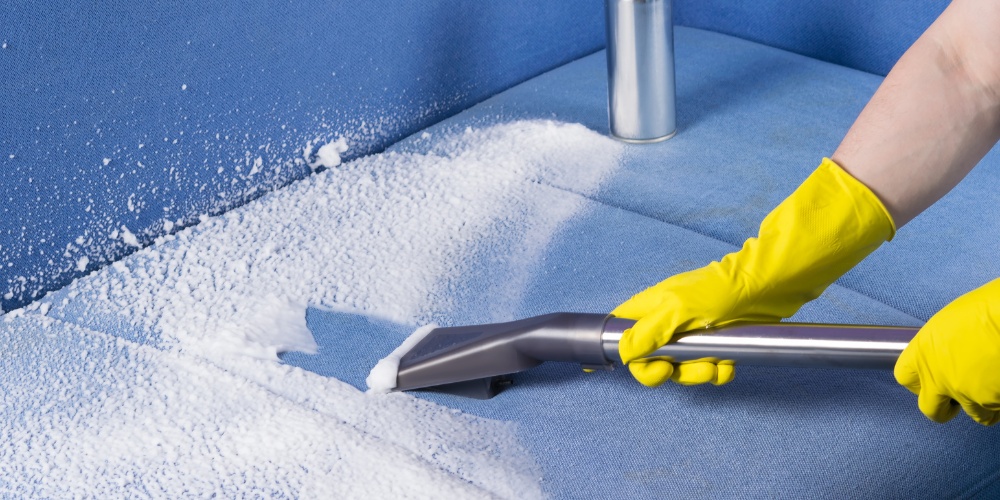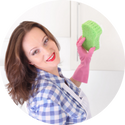Cleaning an air filter in a home appliance or automobile can be more trouble than buying a replacement. Choosing to vacuum the air cleaner may seem like a quick solution, but the practice can harm air quality, the vacuum, and the air cleaner. Buckle up as we reveal the truth behind this costly error and provide you with the key reasons why you should avoid vacuuming out an air filter.
In the quest for clean and healthy indoor air, it is crucial to understand the importance of proper air cleaner maintenance. Vacuuming out the unit may seem like a quick and easy solution, but it can lead to significant drawbacks. Instead, focus on regular maintenance tasks such as replacing the air filters as recommended by the manufacturer and keeping the exterior clean.
Following the manufacturer’s instructions to clean the system can help mitigate any release of stored dust into the air. By doing so, you preserve the integrity of your air filter, enhance its performance, and ensure the longevity of this valuable investment.
Common mistake and why you should think twice before vacuuming an air filter:
Reducing Dust Retention
Cleaning a filtration system with another appliance, including a vacuum cleaner, can reduce its dust retention capacity.
A vacuum can easily suck up particles present in the air cleaner designed to hold dust and other matter in place. The pulling action of the vacuum on the air cleaner’s framework can also distort filter layers inside the cleaner. Diminished dust retention capacity means that more particulate matter can enter the air supply.
More dust in the air can mean increased irritation for those who suffer from indoor allergies or other breathing difficulties.
Partial Cleaning Only
A vacuum doesn’t remove 100 percent of accumulated dust and other particulate matter from an air cleaner. Depending on the size and density of a given air cleaner, it may take some time before the unit is sufficiently clean.
It’s also difficult to tell how clean a filter is after vacuuming. The surface of the filter may be free of dust, but that could mean more particles are hiding in the deeper layers of the cleaner. Replacing the air cleaner’s filter may be cheaper than the time and effort it takes to clean it.
Damage to Vacuum
The powerful sucking action of a vacuum can easily pull parts of an air cleaner free. These small components can jam in the vacuum cleaner’s moving parts, causing damage to the entire system. Components that don’t immediately clog the system can heat up during the vacuum’s operation.
Over time, these heated bits can cause damage to the vacuum’s internals and may even prevent the appliance from working properly. A homeowner may have to replace the vacuum or take the device to a licensed professional for repair. Repairing a vacuum can be quite expensive, depending on the model.
Reducing Air Quality
Attempting to clean an air filtration system with a vacuum that lacks sufficient power to remove dust can release those harmful particles into the air.
Because a vacuum cleaner releases varying amounts of dust and bacteria during operation anyway, using the device to clean an air filter exacerbates the condition. Releasing large amounts of trapped bacteria and other particulate matter into the air can increase the risk of infection for those living in the home.
Smart Alternatives to Vacuuming Your Air Filter
If vacuuming an air filter isn’t the answer, what are your options?

Here are some effective ways to clean your air filter:
- Tap it out: Hold the filter outside and gently tap it against a hard surface to dislodge loose dirt.
- Rinse it (if washable): Some filters can be rinsed with water. Check the manufacturer’s instructions for specific guidelines.
- Use a soft brush: Gently brush the filter with a soft brush to remove dust and debris.
- Replace it: When in doubt, replace the filter as recommended by the manufacturer. It’s the safest and most effective way to ensure optimal air quality.
Bonus Tips:
- Upgrade to a higher-quality air filter for better filtration and longer lifespan.
- Invest in an air purifier for an extra layer of protection against indoor air pollutants.
- Schedule regular HVAC maintenance to keep your entire system running smoothly.
Why Clean Your Air Filter?
Air filters, like superheroes of indoor air quality, capture dust, pollen, pet dander, and other pollutants. Over time, these tiny foes build up, clogging the filter and hindering its ability to keep your air clean. A clogged filter leads to:
- Reduced airflow: Your HVAC system has to work harder to push air through the clogged filter, increasing energy consumption.
- Poor air quality: Dust, allergens, and pollutants remain in the air you breathe, potentially triggering allergies and respiratory problems.
- Damaged HVAC system: Clogged filters can put stress on your HVAC system, leading to premature wear and tear.
Remember, the health of your loved ones depends on the quality of the air you breathe. Don’t let a simple mistake like vacuuming the air filter endanger the benefits an air cleaner can bring to your home. Trust in the efficiency of your air cleaner and let it do what it does best: provide you with clean, fresh, and pollutant-free air.

